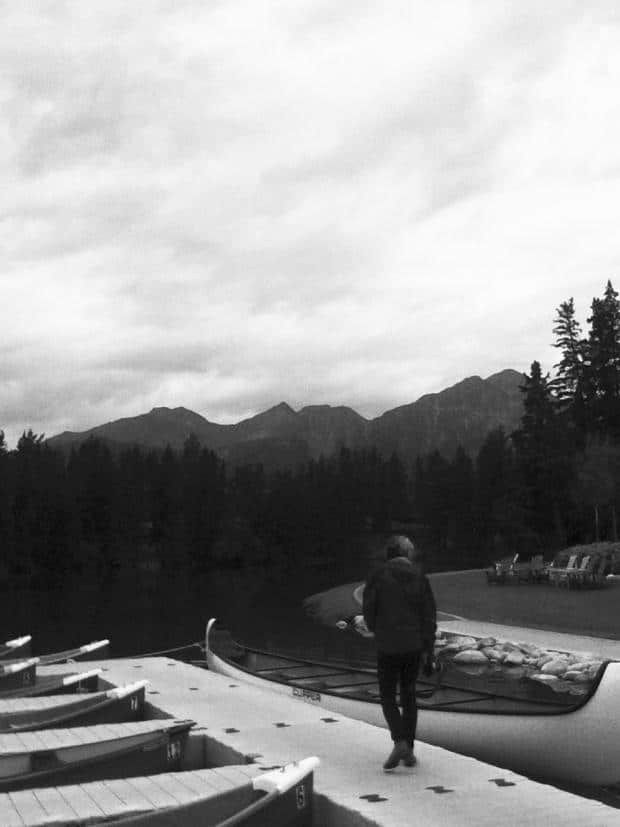 A study of climate change education.
A study of climate change education.
Cecilia Jennings, a member of the GENV 3701 class, is conducting research following a trip to Jasper, Alberta. Her study seeks to investigate the potential for interpretive educational opportunities about climate change throughout Jasper National Park. This is Cecilia’s second visit to Jasper National Park through Mount Allison University.
With a huge amount of scientific research occurring in the park relating to climate change, there is significant educational opportunity for the public. Although this research exists, little effort has been taken to convey this work to the general public.
“Climate change is a huge issue for the park [especially in terms of glacial melt and changing habitats of wildlife], but so far it’s not a big part of their educational outreach,” says Jennings. “I find it’s really important to find ways to transfer scientific knowledge, especially about such an important subject, to visitors interested in learning more about how our world works.”
In 2012, Jennings was part of a research team in the GENS 3401 class that investigated the impacts of a massive icefall off of Ghost Glacier near Mount Edith Cavell that had recently occurred in the area. It was noted that minimal educational interpretive programming had been posted or discussed at the site related to this event upon return to the park this past August. Seeing the educational opportunity of this research, Jennings is attempting to put forward recommendations to Jasper National Park to promote the development of new programming that includes both climate change and recent research that is occurring in the area specifically at Ghost Glacier.
Throughout her time in Jasper, Jennings gathered an extensive knowledge base regarding both the passive and active forms of interpretive programming throughout the park.
“I’ve conducted interviews with various Parks employees who deal with interpretation to hear about how they include [or exclude] climate change interpretation from their educational programming… I spent a lot of time looking at the signage that they had up, some of which is almost twenty years old!”
Currently, an analysis of existing policy is underway in order to fully understand how climate change is involved within park policy and decision-making.
The final goal of this research is to present comprehensive and structured recommendations to the constituents of Jasper National Park that promotes the integration of climate change education. This education has the potential to come in many forms and benefit residents and the thousands of visitors that come to Jasper annually.
Jennings hopes that the success of her project will inspire action. “Ideally, it will mean that people who come to the park to appreciate the incredible beauty of the glaciers will also recognize that these are threatened and feel inspired to do something about it—which can only benefit us all!”





